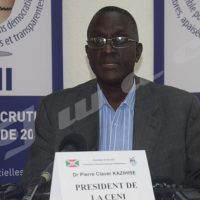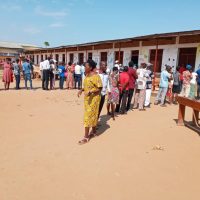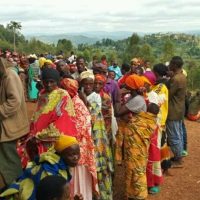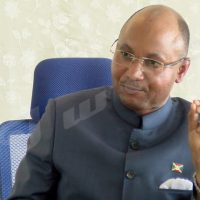At least fifteen opposition political leaders from and outside Burundi met from 3 to 5 May in Kampala, the Ugandan capital, one of the participants in this conclave reveals.

Some members of the internal and external opposition parties who had attended the 5th round of the Arusha inter-Burundian dialogue.
Two objectives were on the agenda: the evaluation of the political situation prevailing in Burundi after the holding of the 5th round of the inter-Burundian dialogue and the position to be taken vis-à-vis the 2020 electoral process.
The source says that most of the internal opposition leaders attended that meeting. The opposition platform in exile, CNARED, had sent three representatives. Other participants included two political leaders in exile who withdrew from the platform.
Participants agreed to “strengthen the opposition union” before deciding to participate in the 2020 elections. They proposed namely “the establishment of a political platform for the entire opposition”. A team will be set up to rule on the terms of this new platform, reveals the source.
With regard to the purpose of the inter-Burundian talks, these politicians sent a correspondence to the guarantors of the Arusha Peace and Reconciliation Agreement signed in 2000 to put an end to a war that erupted in 1993 after the assassination of the first president who was democratically elected in Burundi. They are namely the Heads of State of the East African Community (EAC), the President of the African Union and the UN Secretary General.
“In the letter, we ask them in particular their current position in relation to the continuation of the inter-Burundian dialogue,” says the sources adding that they particularly urged the UN Secretary General to get more involved in the resolution of the current Burundi crisis.
Iwacu source also says that the entire international community is called on to get involved in the establishment of “the optimum conditions” allowing all Burundians to participate in the upcoming elections.
Such consultations between the internal and external opposition took place in January 2018 in Nairobi, the Kenyan capital. Their goal was to make every effort to block the organization of the referendum process, which finally took place in May 2019 and culminated in a new Constitution adopted on June 7, 2018.
Some wonder if this new attempt to form a unique opposition coalition against the Burundian government could lead to a solid platform.



















 IWACU Open Data
IWACU Open Data

